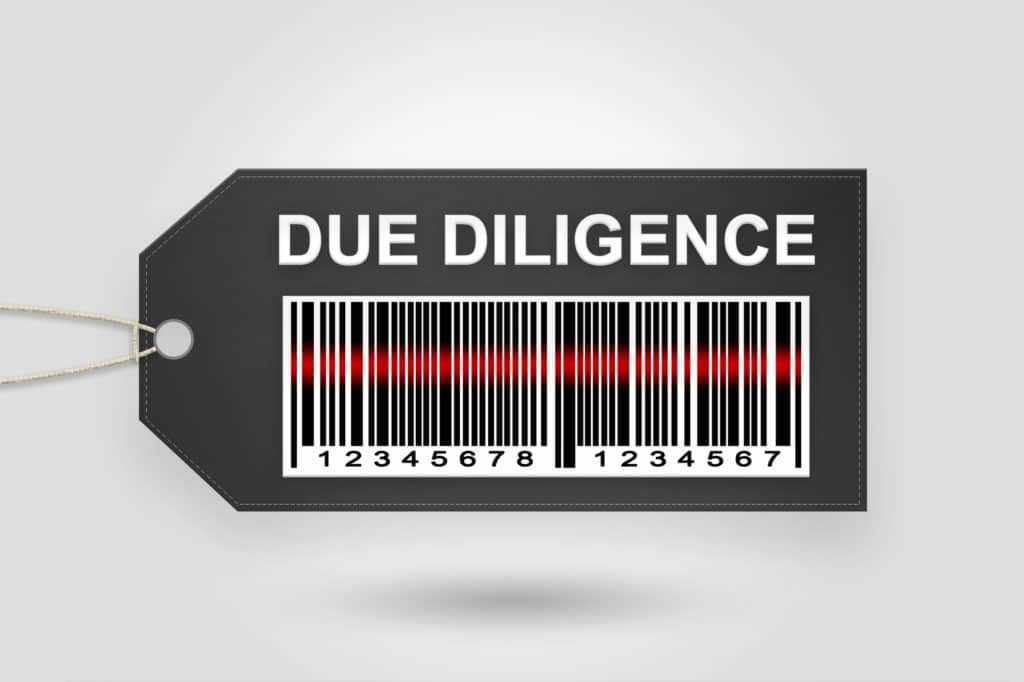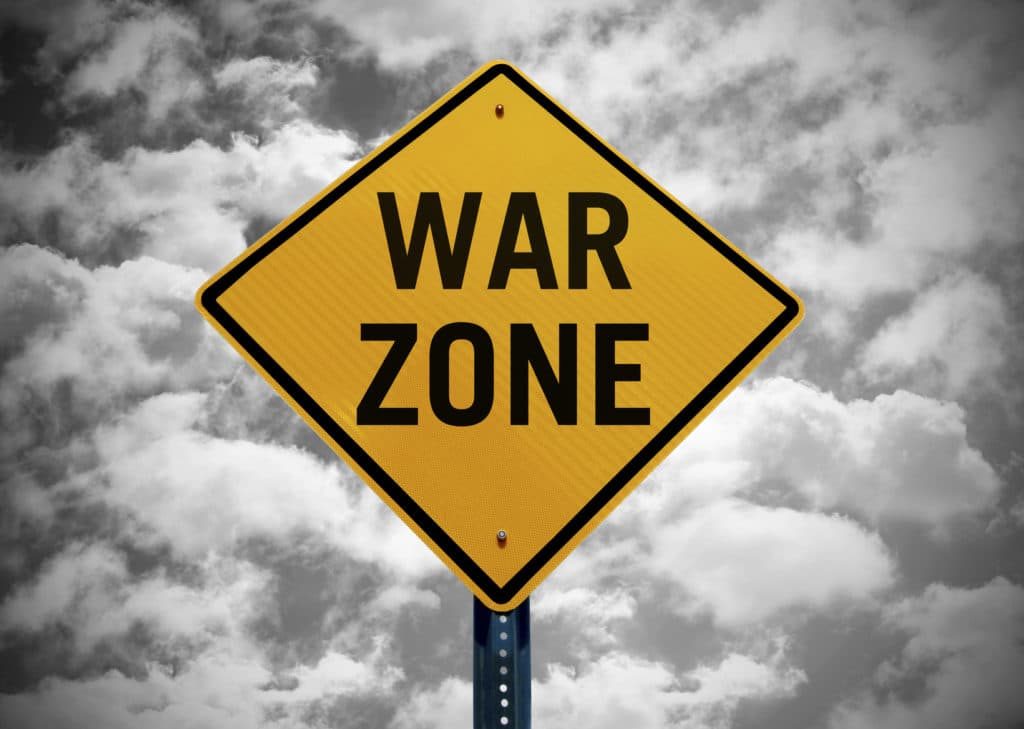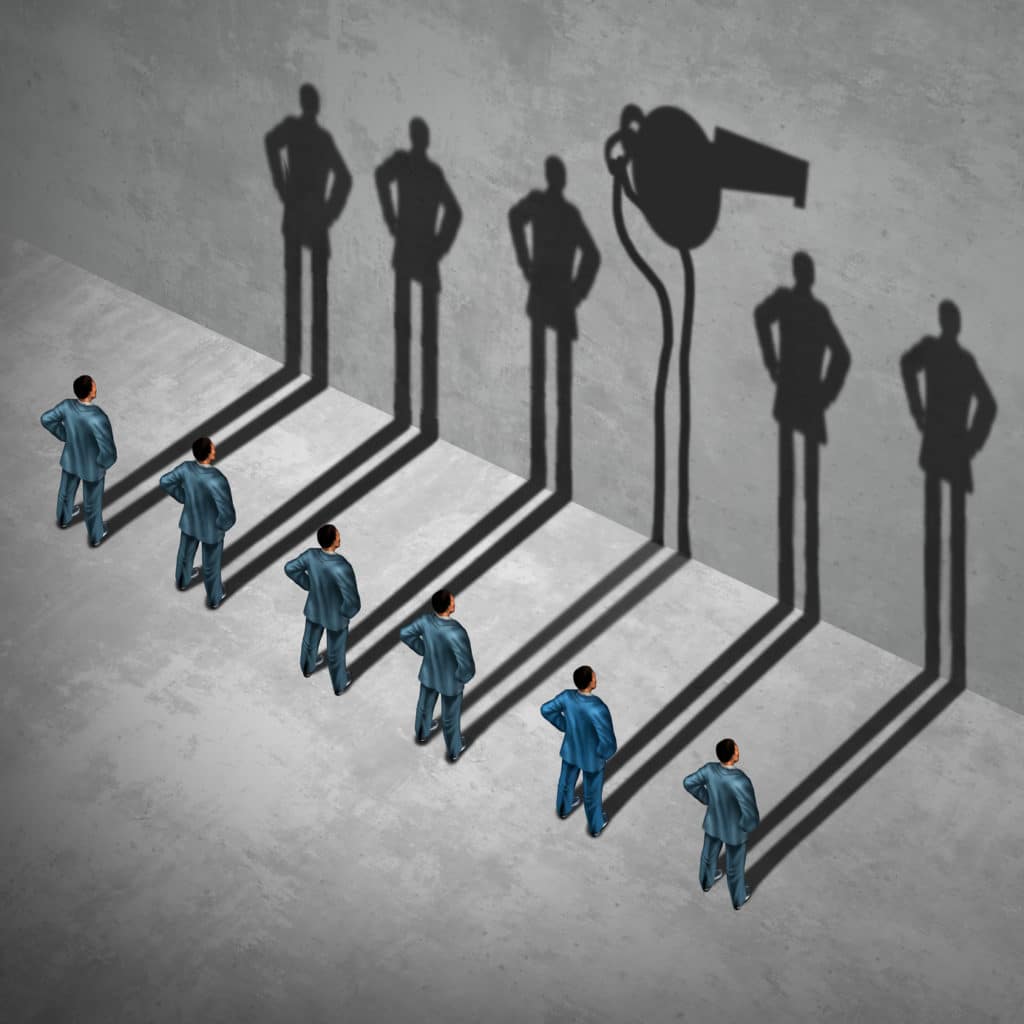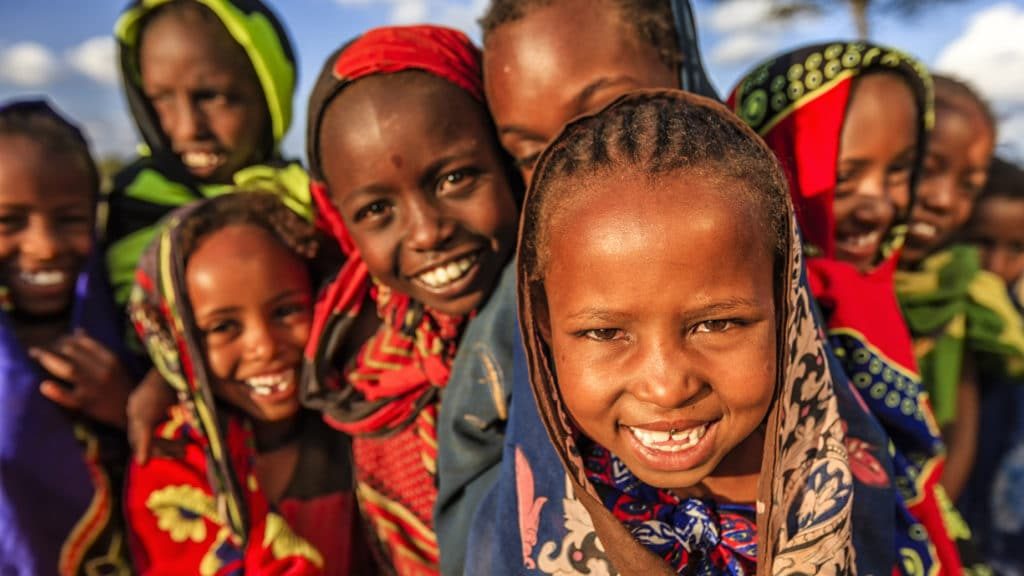Non-financial reporting
Sustainability reporting, put simply, is a form of transparency reporting where businesses formally disclose certain information related sustainability, including information on human rights risks and impacts. It helps organisations measure, understand, and communicate their human rights impacts, as well as set goals, and manage change more effectively. Reporting on human rights forms one of the… Continue Reading Non-financial reporting
Read MoreNational Human Rights Institutions/ Ombudspersons
A national human rights institution (NHRI) is an autonomous body established by the State, with a constitutional or legislative mandate to promote and protect human rights. NHRIs are intended to bridge the ‘protection gap’ between the rights of individuals and the duties and responsibilities of the State. The Vienna Declaration and Programme of Action (1993) recommended the… Continue Reading National Human Rights Institutions/ Ombudspersons
Read MoreMigrant workers
The International Convention on the Protection of the Rights of All Migrant Workers and Members of Their Families 1990, Article 2, defines a migrant worker as “a person who is to be engaged, is engaged or has been engaged in a remunerated activity in a State of which he or she is not a national.” The… Continue Reading Migrant workers
Read MoreJudicial remedy
Judicial remedy is “[t]he manner in which a right is enforced or satisfied by a court when some harm or injury, recognized by society as a wrongful act, is inflicted upon an individual.” (other forms of remedy exist, see Non-judicial grievance mechanisms) The form of remedy depends on the wrong committed and the liability which… Continue Reading Judicial remedy
Read MoreInvestment treaties & investor-state dispute settlements
International investment rulemaking takes place at bilateral, regional, interregional and multilateral levels, with over 2500 treaties in force as of April 2024, including treaties with investment provisions. Investment treaties can take a variety of forms and include, for example, bilateral investment treaties (BIT), which are agreements made betw een two States establishing the terms and… Continue Reading Investment treaties & investor-state dispute settlements
Read MoreHuman rights impact assessments
A human rights impact assessment (HRIA) is a process for identifying, understanding, assessing and addressing the adverse effects of a business project or activities on the human rights enjoyment of impacted rights-holders such as workers and community members. HRIAs can take various shapes and be led by different stakeholders, but should share the ultimate goal… Continue Reading Human rights impact assessments
Read MoreMandatory human rights due diligence
The UN Guiding Principles on Business and Human Rights (UNGPs), Guiding Principle 17, states that: “In order to identify, prevent, mitigate and account for how they address their adverse human rights impacts, business enterprises should carry out human rights due diligence. The process should include assessing actual and potential human rights impacts, integrating and acting upon… Continue Reading Mandatory human rights due diligence
Read MoreGuidance to business
Businesses are integral to the business and human rights discourse, but they will sometimes lack human rights experts within their workforce. Providing guidance to business is a good way to educate shareholders, management, and staff on human rights issues relevant to their business. The UN Guiding Principles on Business and Human Rights (UNGPs), detail in… Continue Reading Guidance to business
Read MoreGender & women’s rights
Equality and non-discrimination are core human rights concepts; everyone should be treated equally, regardless of their status. In addition, gender equality is essential to achieve peaceful societies, with full human potential and sustainable development. The attainment of equality amongst the sexes, and the elimination of all forms of gender-based discrimination are fundamental human rights and… Continue Reading Gender & women’s rights
Read MoreFreedom of association
Freedom of association is a fundamental human right guaranteed by major international human rights standards, including the Universal Declaration of Human Rights, the International Covenant on Civil and Political Rights, the International Covenant on Economic, Social and Cultural Rights, and ILO conventions. Freedom of association is crucial to the functioning of a democracy and is… Continue Reading Freedom of association
Read MoreForced labour & modern slavery
Slavery and forced labour are prohibited under a range of international treaties and conventions. Since 1981, slavery has been prohibited by all individual States. However, slavery and forced labour remain prevalent; the 2021 Global Estimates of Modern Slavery highlighted that on any given day, 49.6 million people are in modern slavery, including 27.6 million people in forced labour… Continue Reading Forced labour & modern slavery
Read MoreExtraterritorial jurisdiction
Extraterritorial jurisdiction is the situation when a State extends its legal power beyond its territorial boundaries. Examples include where a State maintains jurisdiction over its citizens when they are overseas and where certain criminal offences can be prosecuted in a State regardless of where they were committed (e.g. piracy and child sex offences). Extraterritorial jurisdiction… Continue Reading Extraterritorial jurisdiction
Read MoreExport credit
The Organisation for Economic Co-operation and Development (OECD) notes that ‘export credit’ is an insurance, guarantee or financing arrangement which enables a foreign buyer of exported goods and/or services to defer payment over a period of time. Export credits are generally divided into short-term, medium-term (usually two to five years repayment) and long-term (usually over five years).… Continue Reading Export credit
Read MoreCorruption
Corruption is generally acknowledged as being the abuse of entrusted power for private gain. Although there is no universal definition of corruption, the United Nations Convention against Corruption 2005 highlights various forms of corruption, such as trading in influence, abuse of functions and private sector corruption, which can range from the minor use of… Continue Reading Corruption
Read MoreCorporate law & corporate governance
The State’s responsibility to foster a corporate culture respectful of human rights both at home and abroad is a key element of the first pillar of the State duty to protect human rights as articulated in the UN Guiding Principles on Business and Human Rights (UNGPs). Corporate law focuses on the rules for forming and operating corporations.… Continue Reading Corporate law & corporate governance
Read MoreConflict-affected areas
The UN Guiding Principles on Business and Human Rights (UNGPs) recognise that business activities in conflict-affected and high-risk areas increase the risks of enterprises fuelling conflict and being complicit in gross human rights abuses committed by other actors. The Guiding Principle 7 highlights the importance of supporting business respect for human rights in conflict-affected areas.… Continue Reading Conflict-affected areas
Read MoreHuman rights defenders & whistle-blowers
Human Rights defender (HRD) is a term used to describe people who, individually or with others, act to promote and protect human rights in a peaceful way [UN Declaration on Human Rights Defenders]. Respect and support for the activities of human rights defenders, including investigating and reporting on human rights abuses, are essential for the… Continue Reading Human rights defenders & whistle-blowers
Read MoreChildren’s rights
In line with the UN Convention on the Rights of the Child (1989) as well as the International Labour Organization (ILO) Worst Forms of Child Labour Convention, 1999 (No. 182), and the ILO Minimum Age Convention (No. 138), “a child is a person below the age of eighteen years unless under the law applicable to the child, majority is attained… Continue Reading Children’s rights
Read More

















